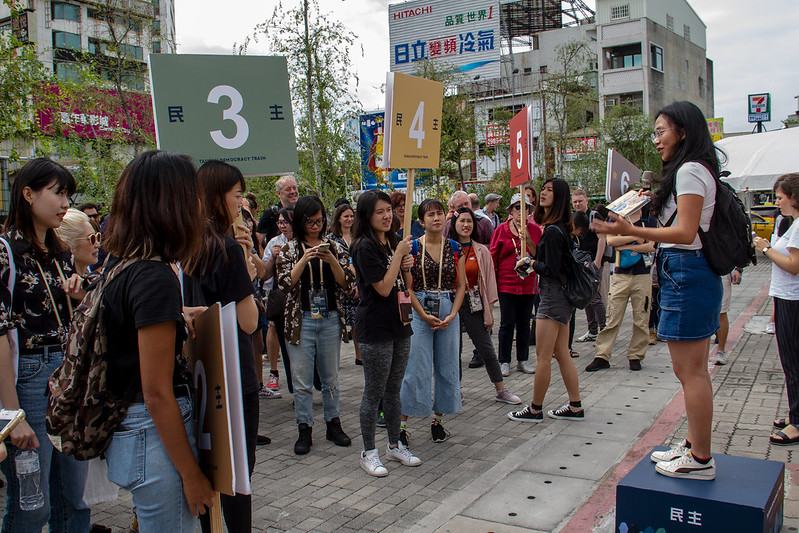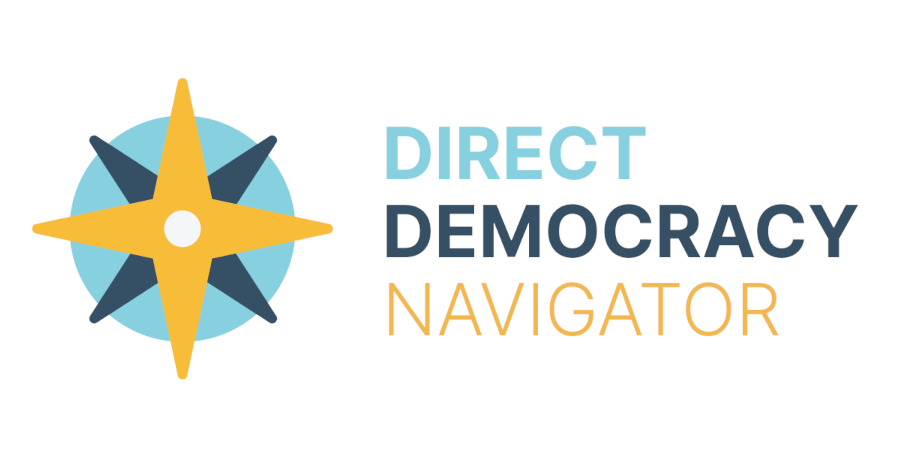In a democracy, the power to decide lies with the people. But how they decide can take many different forms. Direct democracy is the collection of tools that allow people to make decisions on specific issues, rather than by choosing a representative to decide for them (usually through elections).
Direct democracy tools exist in many countries in the world and generally involve a vote on a question intended to make its way into law, commonly referred to as a referendum.
We distinguish several types of direct democracy, differentiated by who initiates the process, who writes the proposal and who ultimately decides.
Democracy International believes that direct democracy processes should be bottom-up, transparent and foreseeable. This is why we work towards the introduction of binding citizens' initiatives and mandatory referenda. What do we mean with that?
A citizens’ initiative allows a person or a group of people to propose a law and to trigger a referendum if they manage to collect a prescribed number of signatures. The outcome of the referendum is legally binding and automatically gets translated into law. Citizens’ initiatives exist among others in Switzerland, Uruguay and Taiwan.
Mandatory referenda are more common and exist for example in Australia, Ireland and Chile. In a mandatory referendum, certain issues always have to be put before the citizens for approval. This can be for example amendments to the constitution or membership of an international organisation.
Tools of direct democracy where a referendum can be triggered arbitrarily by those who already have the power to enact laws (typically the parliament or the government) or the outcome is solely advisory, in reality offer little additional power to the citizens and are vulnerable to manipulation and political instrumentalisation. They are not considered best practice.
Direct democracy must take place in a general context of democracy that protects civic freedoms and human rights. It must follow fair and transparent rules, and must not be limited by quorums or any other barriers.
Democracy International adheres to the "Code of Good Practice on referenda“ published by the Venice Commission, which sets out fair criteria for direct democracy. The Venice Commission was established by the Council of Europe to give advice to states on constitutional questions, and the Code draws upon the European electoral heritage of universal, equal, free and secret suffrage.
The Venice Commission defines conditions for the implementation of these principles plus specific rules that should regulate the embodiment of referenda, including "respect for fundamental rights“, the "observation of the referendum“ and the existence of an effective system of appeal“. You can find more Information in the "Code of Good Practice on Referenda".
Democracy International hosts the Direct Democracy Navigator, a searchable database collecting legislation on direct democracy instruments on the local, national and transnational level. An advanced typology can be found there as well.
Professor Matt Qvortrup of the University of Coventry has published a Bibliography on Direct Democracy and Referendums, you can download it here.

The European Citizens' Initiative
The European Citizens' Initiative (ECI) is the only instrument of transnational participatory democracy worldwide that gives citizens the right to directly participate in setting the legislative agenda.

Global Forum on Modern Direct Democracy
The Global Forum on Modern Direct Democracy is the largest gathering devoted to direct democracy worldwide. It favours a multidisciplinary approach, welcoming participants from academic, political and civil society perspectives.

Direct Democracy Navigator
The Direct Democracy Navigator features direct democracy procedures and practices worldwide. It is a global information and collaboration platform based on the general typology of modern direct democracy.

Our topics
We believe democracy works best when people have a direct say.
Explore how we promote direct democracy, citizen participation, human rights, transparency, and youth engagement. Our work connects people and politics — with the goal of strengthening democratic systems that are open, inclusive, and fair.
Discover all our key topics and learn how we’re shaping the future of democracy.
